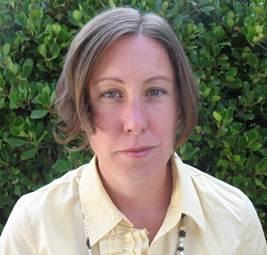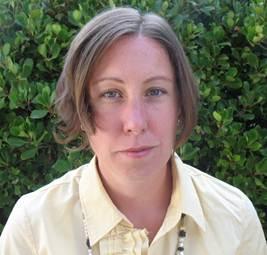
Credit: The University of Akron
Cell regeneration is the key to curing many brain diseases such as multiple sclerosis (MS) and is a difficult process to dissect. However, Leah Shriver Ph.D., an assistant professor in chemistry and biology at The University of Akron, has dedicated her time and energy to find new targets to promote nervous system regeneration. Her efforts have recently been rewarded with a three year $469,000 grant from the National Institute of Health (NIH) towards her research.
"The stumbling block in treating multiple sclerosis is finding a way to promote repair of the damaged areas," said Shriver. "With the grant, I hope to develop new therapies that can either prevent destruction of brain cells or stimulate processes that lead to regeneration."
Shriver explained that in patients with MS, their immune system attacks oligodendrocytes, cells that produce the myelin sheath, a structure that protects neurons and helps them function. The cell death contributes to the progression of MS and disability in MS patients.
Shriver plans on using her grant money to study the cuprizone intoxication model, a model that helps understand multiple sclerosis by looking at mechanisms that contribute to oligodendrocyte and myelin loss in this model. The model has been used since the 1950's and researchers are still unsure how and why it works.
###
Media Contact
Lisa Craig
[email protected]
330-972-7429
@UAkronNews
http://www.uakron.edu/
############
Story Source: Materials provided by Scienmag





